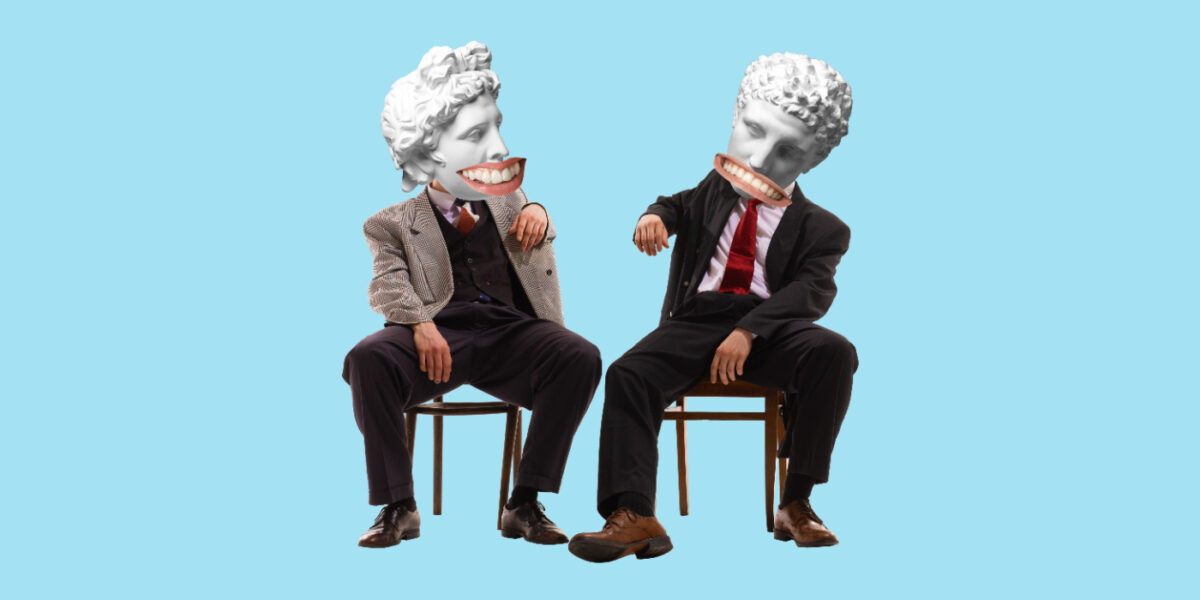This week, our Director of Professional Services, Dave Feltz, shared a story with me – that I thought you would enjoy too. It definitely underlines that you never know when or where you might learn something! Here’s his story:
Recently, my wife and I went to see the movie “Hidden Figures”. It was very enlightening in addition to being entertaining. However, it was what we learned after the movie, during a casual conversation with someone we didn’t even know, that was truly inspiring. It just proves that surprising things can happen when you least expect them.
As we were leaving, my wife casually asked a gentleman, who we had seen sitting alone in the theater, if he had enjoyed the movie. His answer was that it was really accurate with regard to the ladies’ story, but they got a few things wrong with the flights. Being curious, we asked what he meant . . . and spent the next 2-1/2 hours being simply amazed by this man’s life story . . .
We learned that he was an Electrical Engineer, educated locally at Washington University (St. Louis, MO), who for a good part of his career worked at McDonnell Douglas as an Engineer on the Mercury project. My wife explained a connection she had to another person who had worked on the same project. He knew and worked with this person, so we all commented on what a small world it is.
After introductions, our new friend talked about how the movie focused on the math for the flight, while his job focused on the capsule itself – hence his knowledge of the flights. His team was responsible for all of the mechanical and electrical systems.
One of the many stories he told was that the capsule was designed to fly backwards. When the astronauts learned about this, they argued that they should be allowed to fly forward – after all, they were test pilots. Although this scope change may not seem too significant, it was. (Scope Change = those seemingly little requests that can turn a project on its ear….)
The capsule was required to spin on its axis in a specific direction with respect to the Earth. By changing the orientation of the capsule, front to back, the capsule would be required to spin in the opposite direction, so that the direction of the spin with respect to the Earth would be correct. He went on to describe the additional switches and controls that had to be added to the capsule to make it possible for the astronauts to turn the capsule around.
In addition to the Mercury project, our new friend was tasked with making a more realistic airplane flight simulator that allowed a pilot to feel and control the 6 degrees of freedom. Although we may all think “of course you should have that in a simulator”, the technology did not exist at the time. This was just another “1st” that he and his team brought to the world.
After leaving McDonnell Douglas, he was involved in the design and development of light rail electrical systems, including a system in San Diego, California, as well as the Metro in Washington DC.
He also told stories about his family life that were happy, sad, serious and humorous. But I think those stories are best left to be told by him, to those with whom he wishes to share.
What was so inspiring to me was the lifetime of experiences that he had, doing things that no one had done before. His life reminded me of a statement made by one of my Engineering professors. Before we graduated, he told my class that we would not remember all of the formulas that we used in school, and that’s okay, because in the working world we could always look those up. But, he added, to be a real Engineer, you need to be able to start with an unknown and work your way through all of the problems to find a solution.
I am not working in a job that can affect so many, like the way my new friend has changed the world by putting a man in space. However, all of us working in a technology profession have had to solve problems that haven’t been solved before, or at the very least, haven’t been done “This Way” before. So, to use an old cliché for anyone in a technology job . . . Keep thinking outside the box!
If you’re interested, check out the article about the ‘Mercury 6 Engineers’ that includes this amazing man. Also worth noting . . . at his current age of 82, he is still changing the world by passing on his wealth of knowledge as a substitute teacher in the Parkway school district (St. Louis, MO).
Have you ever uncovered new information, a new perspective or had a new experience in an unsuspecting place? I’d love to hear about it!




